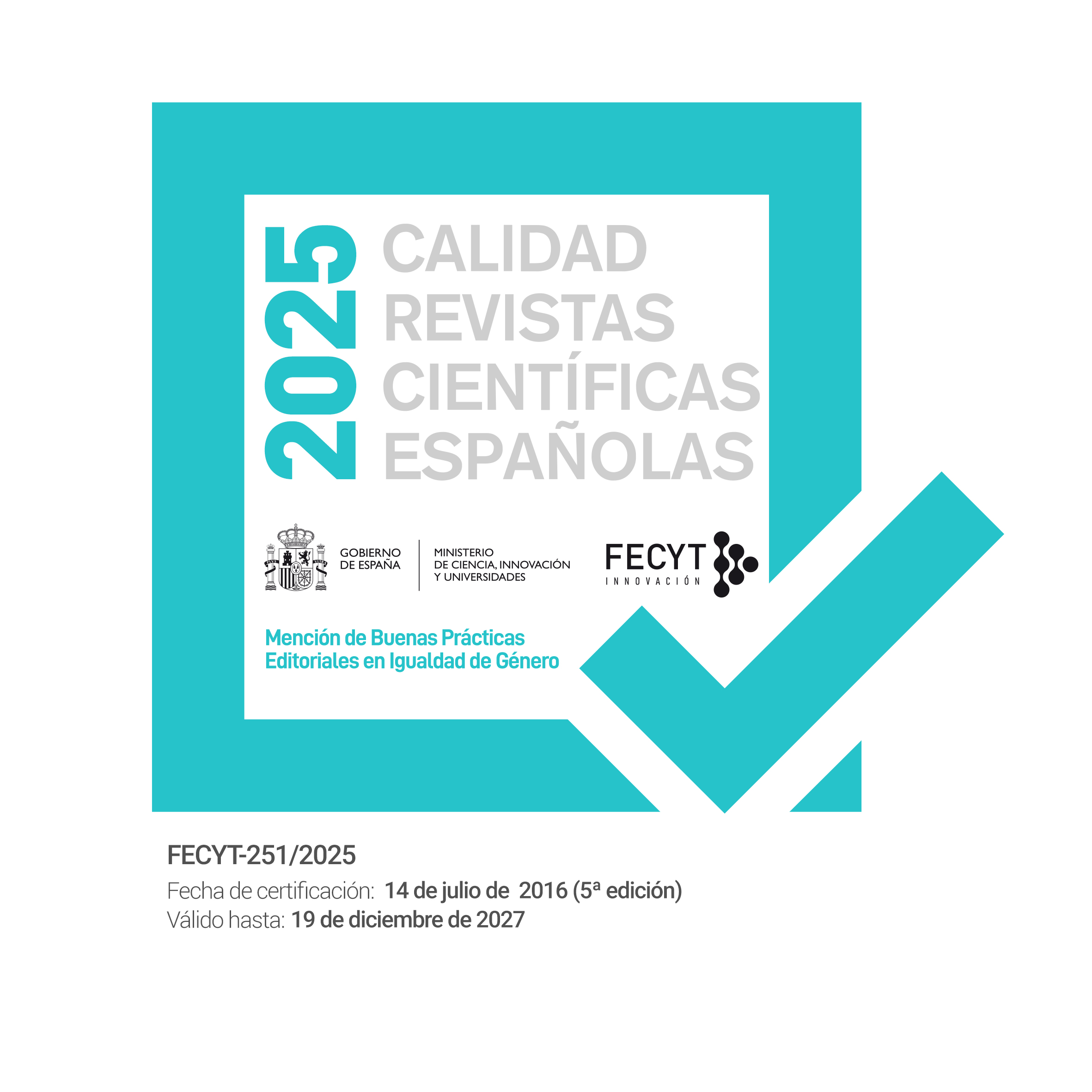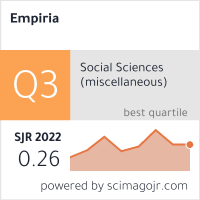Análisis de mapas causales de impactos del turismo residencial
DOI:
https://doi.org/10.5944/empiria.20.2010.2040Keywords:
metodología de redes causales, turismo, impactos, diagnósticoAbstract
Este artículo presenta la novedad metodológica de aplicar los programas informáticos de análisis de redes sociales (Ucinet® y Netdraw®) al análisis de mapas causales con la finalidad de mejorar los procesos de diagnóstico del turismo residencial a escala local. En concreto, esta propuesta metodológica se articula en los siguientes pasos: primero, la identificación de los impactos a escala local y la elaboración de sus mapas causales con la participación de actores locales relevantes; segundo, el análisis de redes de los mapas causales. Mediante este análisis es posible identificar las variables de mayor repercusión sobre las estructuras ambiental, económica y social de los municipios turísticos. Esta propuesta metodológica consigue sistematizar un gran volumen de información que ayuda al planificador local a discriminar las variables más influyentes con las que elaborar itinerarios de actuación más rentables en términos de inversión de recursos. El caso de estudio es el municipio de Dénia, situado en el norte de la provincia de Alicante. Los resultados muestran que las causas profundas de los impactos negativos inducidos por el turismo residencial están conectados con el déficit democrático en el proceso de gestión municipal del desarrollo turístico-residencial.
This paper presents the methodological innovation of applying the social network analysis software (Ucinet® and Netdraw®) to the Causal Networks Methodology (CNM) with the aim of improving the processes of diagnosis on the tourism activity functioning at a local scale. Specifically, this methodological proposal is structured in the following steps: first, the identification of the impacts of the residential tourism activity and the creation of their causal chains with the participation of local stakeholders; second, the analysis of the network of causal chains. This analysis allows the identification of the variables with the highest level of repercussion on the environmental, economic and social structures at the tourist municipalities. This methodological proposal manages to systematize a high volume of information and helps the local planner to discriminate the most influencing variables for their use in the design of more efficient lines of action in terms of resource investment. The selected case of study is the municipality of Denia, on the North of the province of Alicante. The results show that the deep causes of the negative impacts induced by the residential tourism are connected to a democratic deficit in the local management activity regarding residential tourism development.
Downloads
Downloads
How to Cite
Issue
Section
License
Los autores que publican en esta revista están de acuerdo con los siguientes términos:a) Los autores conservan los derechos de autor y garantizan a la revista el derecho de ser la primera publicación del trabajo al igual que licenciado bajo una Licencia Internacional Creative Commons CC BY-NC-SA 4.0.
b) Se permite y se anima a los autores a difundir electrónicamente las versiones pre-print (versión antes de ser evaluada) y/o post-print (versión evaluada y aceptada para su publicación) de sus obras antes de su publicación, ya que favorece su circulación y difusión más temprana y con ello un posible aumento en su citación y alcance entre la comunidad académica.












